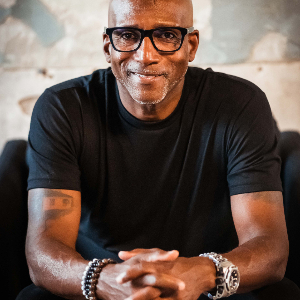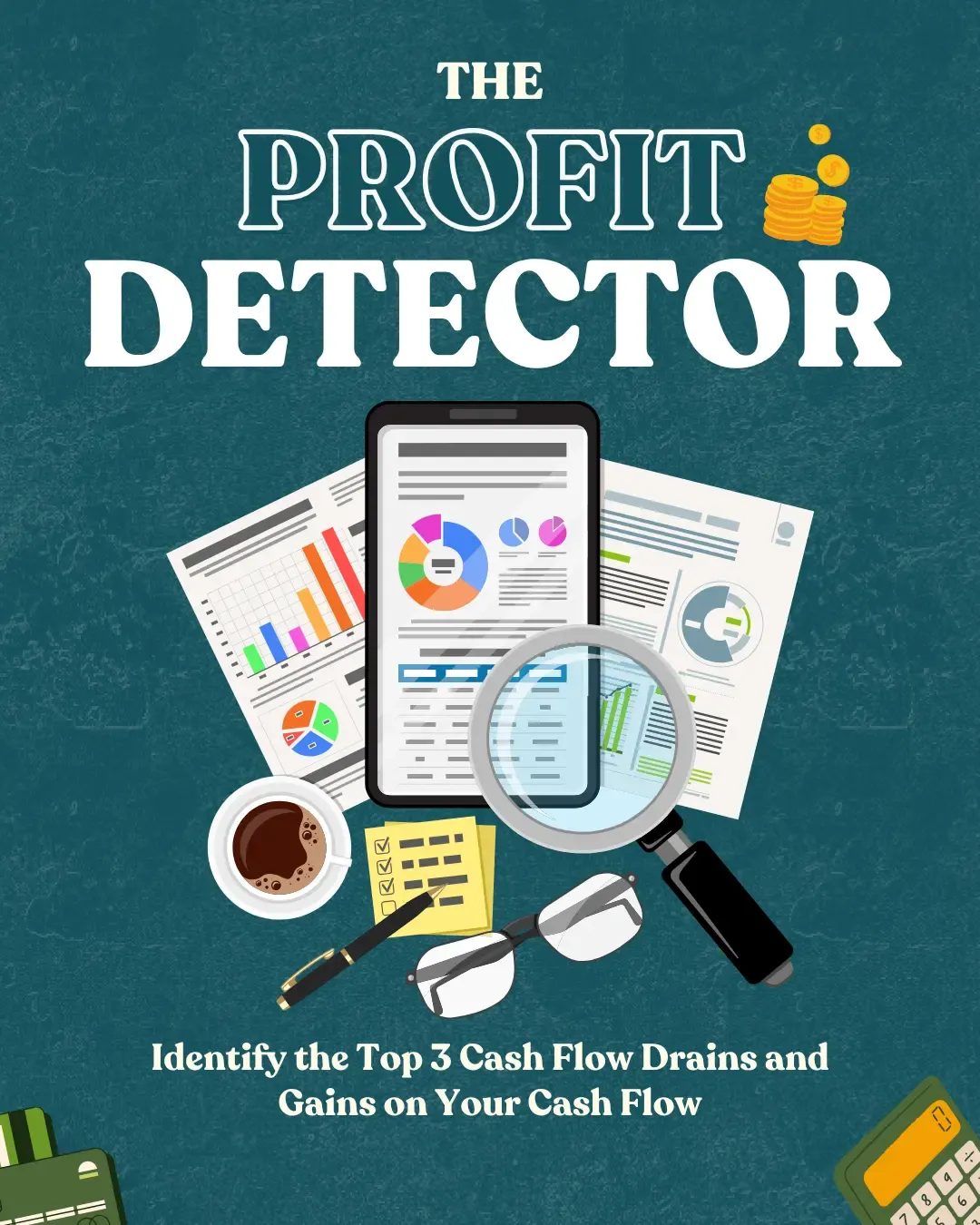4,000 Weeks: Rethinking Time, Productivity, and What Really Matters

Have you ever stopped to think about how much time you have? Not in hours or days—but in weeks. About 4,000 weeks. That's roughly how many weeks the average person gets if they live to be 80. It's a sobering number, and when I first heard it, it stopped me in my tracks.
Time is the one resource we all have, yet none of us can ever get more of. And while we live in a world obsessed with productivity hacks, calendar apps, and inbox-zero challenges, the truth is simple—Father Time is undefeated. No matter how efficient we try to be, we can't outrun our limits.
Oliver Burkeman's book 4,000 Weeks: Time Management for Mortals beautifully explores this idea. It isn't your typical productivity book—there are no "10 hacks to dominate your mornings." Instead, it's a reality check—and maybe even a bit of a slap in the face—that says you're not going to get everything done, and that's okay.
How Time Became a Commodity
For most of human history, time wasn't tracked by the hour. Early humans followed the rhythms of the sun, the moon, the tides, and the seasons. Life was cyclical and community-driven, not dictated by clocks or calendars.
Fast-forward to the invention of the sundial in ancient Egypt, mechanical clocks in medieval monasteries, and finally, the Industrial Revolution. That's when time truly became money. Factory owners needed workers to show up at specific hours, so we created punch cards, shift schedules, and deadlines, and the relentless race against the clock began.
Today, our calendars are carved into 15-, 30-, and 60-minute increments. Our phones buzz with reminders, and our watches nudge us to move. In this obsession with squeezing the most out of every moment, we've turned time into a commodity to be spent, tracked, and optimized rather than a gift to be lived.
The Productivity Trap
Burkeman describes something he calls the efficiency trap. You know the feeling—responding to emails faster only leads to getting more emails. Optimizing your schedule fills it with even more commitments.
I know this trap well. I've spent years chasing inbox zero, twitching at the sight of unread emails. But here's the reality: Productivity doesn't create freedom. It just makes more demands.
When I worked as a corporate controller for a publicly traded company, my life was dictated by quarterly SEC filings, endless checklists, and constant deadlines. The moment one quarter wrapped, the next began. I was exhausted and living on a treadmill so that I couldn't get off. And like so many of us, I believed the lie that if I hustled harder, I could eventually get ahead.
But we can't. There's always something else that needs to be done.
A Radical Shift in Thinking
Burkeman offers a powerful perspective: What if our limitations aren't a problem to solve, but a gift to embrace?
Our time is valuable because it's limited. Every choice we make is also a choice not to do something else, and that can feel terrifying, but it can also be freeing.
We don't need to be great at everything. Maybe what matters most is being fully present for the things that matter—our families, relationships, communities, and even ourselves.
Our legacy won't be measured in logged hours or empires built. It will be found in how we show up for the people and priorities that matter most.
Real Freedom Is in Choosing
Burkeman writes that freedom isn't having endless options—it's choosing and committing to what truly matters. And yes, that commitment is scary. It means saying no to countless other possibilities, but it's the only way to go deep in life.
That's why I chose to launch the Just Human podcast. It's not perfect or optimized, but it's real. Every episode represents my commitment to a conversation that matters—to me and, hopefully, to you.
It also means there are things I don't do. I'm not learning to play the piano right now (though I've always thought it would be cool). I'm focusing on my marriage, business, and the work that fills me up.
Lessons I'm Learning (and Still Practicing)
Burkeman offers some simple but profound practices that I've been trying to embrace:
- Let things fall through the cracks on purpose. Not everything deserves your time and attention.
- Put what matters most on your calendar first—and honor it.
- Stop waiting for the perfect time. It doesn't exist. Done is better than perfect.
- Slow down. Rushing means you'll miss life.
- Accept discomfort, imperfection, and uncertainty. They're part of being human.
You're Not a Machine—And That's a Good Thing
You're not a machine. You're a human being with a finite amount of time—about 4,000 weeks if you're lucky. So why spend those weeks chasing inbox zero or living by a checklist that never ends?
Instead, chase meaning—chase connection. Chase the things that give you peace and purpose.
So here's my question for you:
What's the one thing you've been avoiding because you're afraid to commit or close the door on other options? What's worth choosing—really choosing—with your precious time?
Because you don't have forever, but you do have now. Use it well.
SUBSCRIBE FOR WEEKLY INSIGHTS
Don't miss out on updates, new podcast episodes, and valuable insights from Jay. Subscribe and join his newsletter community for thought-provoking discussions and tips on fostering a human-centric workplace culture.
We hate SPAM. We will never sell your information, for any reason.



